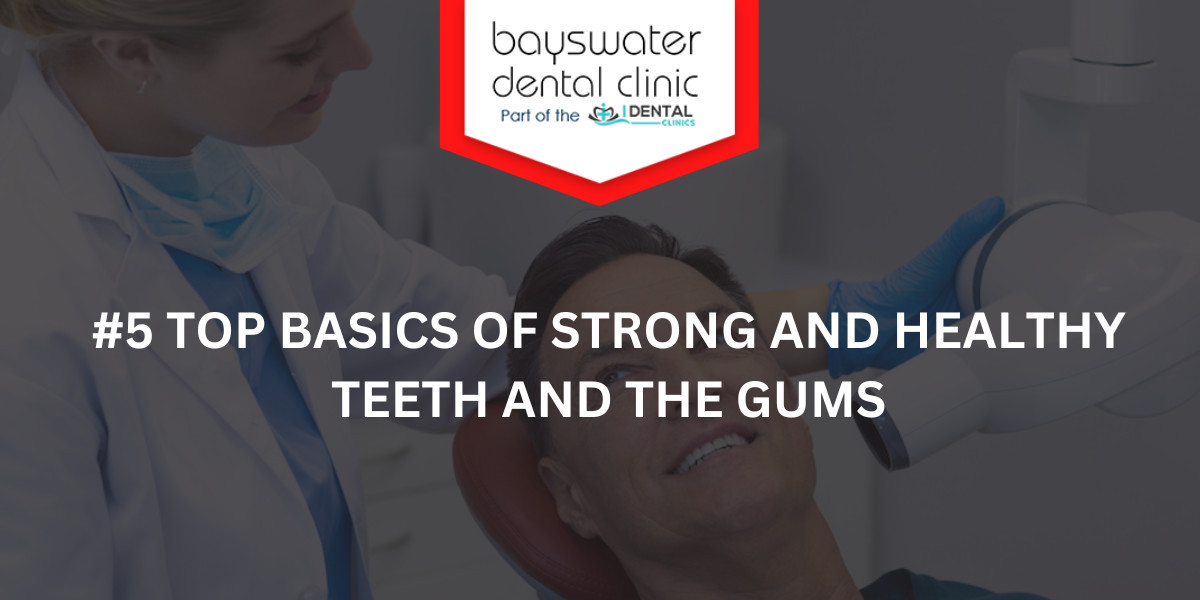Maintaining sound oral hygiene is crucial to keep the teeth and the gums strong and healthy. The basics of sound oral hygiene include brushing the teeth twice a day and going for routine dental checkups at regular intervals.
As a fact, Dental health is much more important than gum disease and oral cavities. There is a strong bond between your oral health and overall physical health and wellbeing of your body. If neglected and left ignored common dental problems like tooth cavities and gum diseases can lead to pain and suffering. Eventually a patient suffers from tooth loss. Tooth loss is an irreversible loss and cannot be compensated with a new one. It leads to many other issues like speech problem, lack of self confidence, malnutrition, improper digestion and assimilation of food by the body and others. Problems related to tooth loss affect people of every age group. These people have to deal with the consequences of the loss both in their personal and professional lives.
Just like the silver lining around the darkest cloud all these issues are preventable. With the right dental care – both at home and in your dentist’s office – you can easily avoid those horrible oral health issues. In the following section of this blog post let us explore few established practices that keep the teeth and the gums healthy and strong.
Brush the teeth properly every day and not aggressively
There is no better alternative than brushing and flossing to keep the teeth and the gums strong and healthy. Ideally you should brush your natural teeth twice daily once in the morning after wakeup from the bed and again at the night before getting sleep. Proper brushing technique keeps the teeth clean from harmful bacteria and plaque build-ups. But brushing is only helpful and effective when you apply the right technique. Not everyone is aware about the correct brushing technique. You should always hold the toothbrush gently at an angle of approximately 45 degrees along with the teeth. Move it in small circular motions to cover all the three surfaces of the teeth – namely front, back and top. Ideally the right brushing technique should not take more than 2 to 3 minutes. Try avoiding the sawing back and forth motions with a toothbrush.
Apply gentle pressure of the hand while brushing. Never brush too hard. Try avoiding toothbrushes that have hard bristles. Both these factors are likely to damage the outermost protective covering of the tooth called the enamel. When the enamel gets damaged you suffer from issues like tooth sensitivity and even gum erosion. In order to avoid any damage to the enamel experienced dentists associated with the widely trusted dental practice Emergency Dentist London Pro suggest using toothbrushes that have soft bristles. It is also important to change your brush every 3 months or so when the bristles start looking frayed.
Use of fluoride
Fluoride is sourced from fluorine. Fluorine is a natural element found on earth. Fluoride helps maintaining strong and healthy teeth. In other words it helps keeping cavities away from your teeth. It is a common component found in toothpastes and mouthwashes. However a range of dental products is completely free from it. In fact a section of the people consciously avoids using fluoride. It is important to mention in this context that tooth decay is often related to insufficient as well as even lack of fluoride. Even if you take proper care of your mouth otherwise, lack of sufficient fluoride may lead all your effort to zero in maintaining sound oral health. A recent study says proper brushing and flossing the teeth fail preventing cavities if there is lack of fluoride.
This is the reason why many communities in the United Kingdom have included fluoride in their public water supply system. The WHO or World Health Organisation along with a number of other eminent bodies recommend inclusion of fluoride in community water supply to curb chances of developing oral cavities. You can find out whether the water supply in your area contains fluoride. For that you have to contact the local authorities. Usually drinking bottled water does not contain fluoride. Even water filters that work on the principle of reverse osmosis remove fluoride from water. Considering all these facts it is expected that you become little aware about your fluoride intake.
Floss the teeth once a day
Flossing is a reliable procedure to get rid of harmful bacteria and plaque build-ups in between the teeth. There are certain regions in the mouth that the bristles of a toothbrush fail reaching. Floss is a tried and tested option to clean trapped food debris as well as plaque and bacteria build-ups from those ‘hard to access’ regions. Regular flossing is also a good way to avoid bad breath or halitosis. However there is still a lot of study to be made to understand the benefits of flossing. But dentists by and large recommend regular flossing. You should push the floss gently all the way till it reaches the gum line. As it is about to touch the gum line it should hug the sides of the tooth instead to going deeper down. Always floss with up and down motion but do not snap it between the teeth. if you snap the floss up and down the teeth it will not remove plaque build-ups effectively in the first place. Moreover it may cause pain.
Go for routine dental visits
Routine visits to your dentist at regular intervals are important to enjoy optimum oral health. A dentist can diagnose and detect any upcoming oral issue and nip it in the bud. You do not have to suffer from the severity of the condition. Ideally you should go for a routine dental visit every six months. During a routine dental visit you also get your teeth professionally cleaned by a dental hygienist. As a result your mouth remains free from harmful plaques and hardened tartar.
Moreover during those routine checkups your dentist diagnoses your mouth for visual signs of gum disease, cavities and even mouth cancer. Oral cancer or cancer in the mouth is easily curable in the present times provided it is detected early. Dentists may have to use dental x-rays to look for signs of cavities. People who strictly follow oral hygiene every day are much less at risk of developing oral health issues explains a dentist with years of experience in handling cases of emergency dental care in London.
Avoid smoking or any other form of tobacco consumption
Smoking damages the normal immunity of the body. As a result damaged tissues in the mouth do not get healed easily. Habitual smokers are at high risk to develop gum disease. Habitual smokers also experience slow healing after almost any dental procedure. Smoking or any other form of tobacco consumption affects the appearance of the lips, the tongue and the teeth. it also leads to the problem of bad odour in the mouth.







